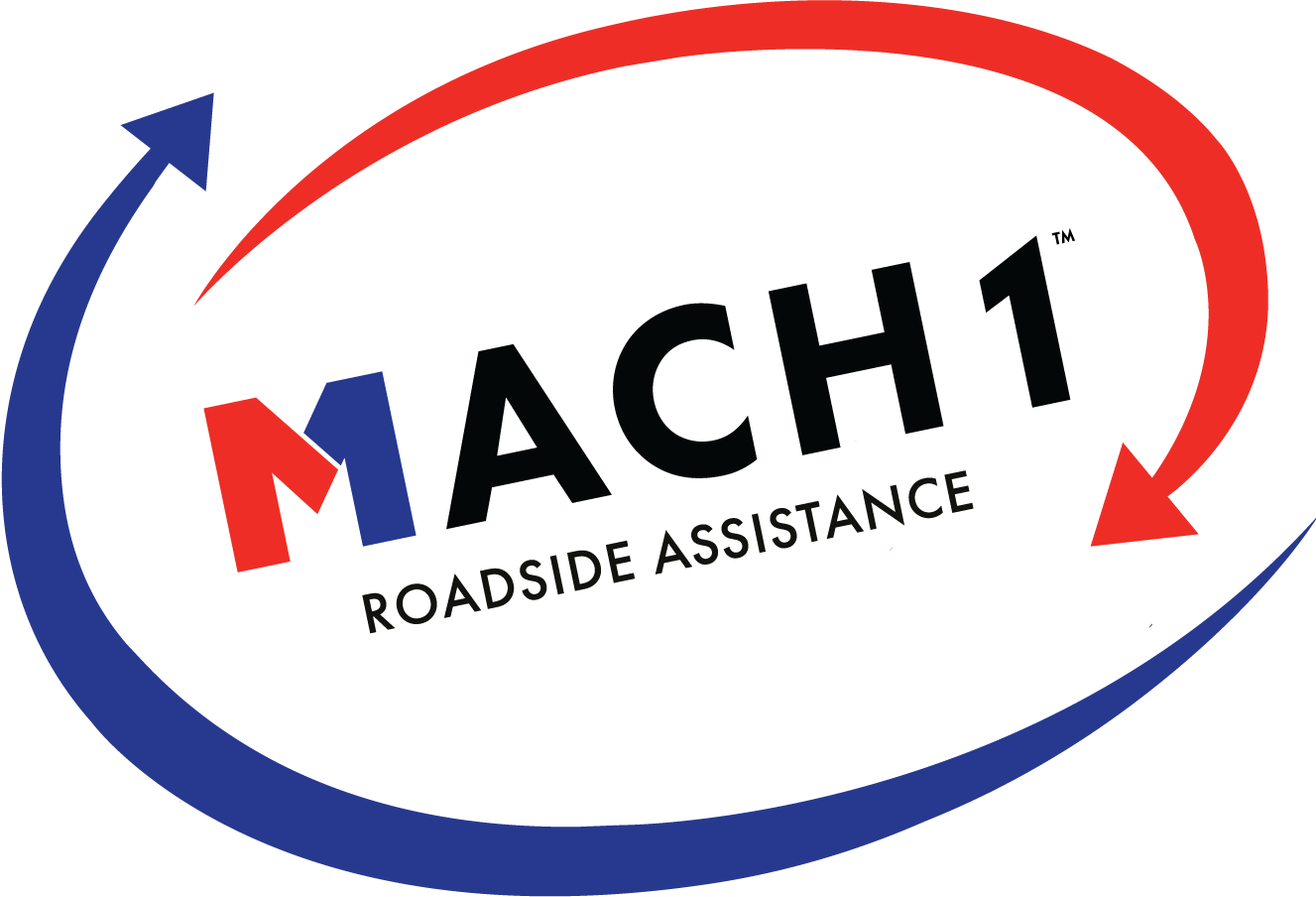
29 Dec How Does the Insurance Company Determine My Car Insurance Premium
Auto insurance policies and their prices are some of the most complicated things you can deal with in the automobile world. Car insurance is just as important as any other crucial car element; you must have it to drive legally and safely.
Car insurance is not a one-off purchase; policyholders need to renew their policy either bi-annually or annually to keep the policy active. The amount you pay to renew your car insurance policy is called its insurance premium, and insurance premiums can be expensive.
Let’s take a detailed look at all the different factors that affect your car insurance premium rates and how auto insurers determine them. Beside insurance if its not much serious issue or other hardware work prefer our guide to choose best roadside service for you.
Factors Considered for Car Insurance Premium Rates
Car insurance companies look at some factors that give them an idea of the probability of an accident. Insurers have a detailed record of these factors for every policyholder, and your likelihood of getting in a car accident determines the rate of your auto insurance.
But when it comes to car insurance premiums, things get even more complicated. Not only the risk of a road accident is considered in this case, but also the probability of you not paying the insurance premium is added.
Here are all the known factors auto insurance companies use to determine your car insurance premium rates.
Insurance Coverage Limit
Car insurance policies (and every other insurance policy, for that matter) come with a “limit.” This limit is the maximum amount of money the insurance company will pay in the case of a claim.
Let’s say that your collision coverage has a limit of $50,000. It means that if your car gets damaged, the car insurance company will only pay $50,000 at maximum. If the repair costs are more, the policyholder will have to bear the extra costs.
If your auto insurance policy has a higher coverage limit, the insurance premium will be higher as well. It is because the auto insurance company is covering a more elevated amount they need to keep the insurance premiums increased.
Note: Due to higher insurance rates and premium costs, many people prefer having a coverage limit precisely as the state’s minimum coverage limit. Car accidents are expensive, and the likelihood of an accident costing more than the minimum coverage limit is very high.
Ensure that your coverage limit is higher than the state’s minimum coverage limit to avoid paying thousands of dollars from your pocket. If you are worried about the prices of car insurance policies, make sure you compare all the options you have.
Keep your search specific to your state; if you live in Illinois, then search for Illinois cheap car insurance, compare all the options you have, and select the insurance company that offers excellent coverage at an affordable price.
Policies Owned
The number and types of car insurance policies you own directly affect your auto insurance premium rates. It also depends on the state you live in and multiple vehicles on roadside assistance policy, as every state has its own law regarding car insurance policies.
For example, in some states, just having liability insurance is enough for drivers to drive a car legally. So if someone decides to skip all the other car insurance policies (even though it is never recommended), they’ll have to pay less in car insurance premiums.
If someone lives in a state where not only liability insurance but personal injury protection plan and uninsured motorist coverage are also mandatory, they will have to pay a lot more in insurance premiums.
The bottom line here is; the more car insurance policies you own, the more you’ll have to pay in car insurance premiums.
Make and Model of the Car
Larger cars with larger engines that cost more will require a higher coverage amount. Higher coverage means that insurance premium rates will be increased as well. The make and model of your car directly affect the auto insurance rates and premium rates as well.
Other than the size of the car (SUVs are more expensive to insure and hence increase insurance premium rates), the cost of the car and repair costs also impact the insurance premium rates. Expensive, foreign-made cars that are expensive to repair cost more to insure as well.
Another factor that affects the premium rates of comprehensive insurance is the theft rate. Some cars are stolen more often than others. For example, the Ford F-150 has been a favorite among car thieves for three years consecutively.
So auto insurance companies charge more to insure these cars as comprehensive insurance covers theft. The locality you live in also affects comprehensive insurance premium rates. Areas with high rates of robbery have higher insurance premium rates.
Driving Record
Driving record is a factor that affects your car insurance premium rates both directly and indirectly. A poor driving record with accidents, speeding tickets, rash driving charges, or DUI charges will increase your car insurance rates.
The inflated auto insurance rates will be translated into insurance premium rates as well. Since people with a poor driving record are more likely to be in a car accident, insurance companies offset the risk by increasing premium rates.
Credit Score
It may come as a shock to many people, but your credit score affects your car insurance premium rates as well. Now you may be thinking that how does credit score give any idea about the driving habit of someone or the likelihood of an accident?
Auto insurers use credit scores to see the financial strength of someone. A person with a poor credit score is more likely to miss out on an insurance premium payment, and the insurers increase the premium rate to offset this risk.
Many states have started to stop car insurance companies from taking credit scores as a factor in deciding both car insurance rates and premium rates. California, Hawaii, Michigan, etc., are some states where credit score is not a factor.
Some states have stopped auto insurers from using the lack of credit score as an insurance premium rate-determining factor. Many young people who already have to pay a high car insurance rate due to their age also lack a credit score. This move has helped a lot of students and young people from getting into a financial burden.
Deductibles
A deductible is the amount of money the policyholder pays before the auto insurer pays the rest of the claim amount. A deductible is usually a small percentage of the total coverage amount, and policyholders can set their own deductible.
Higher deductibles reduce the insurance premium rates, while lower deductibles increase them. Do note that higher deductibles mean that you will have to pay more from your pocket during an insurance claim.
